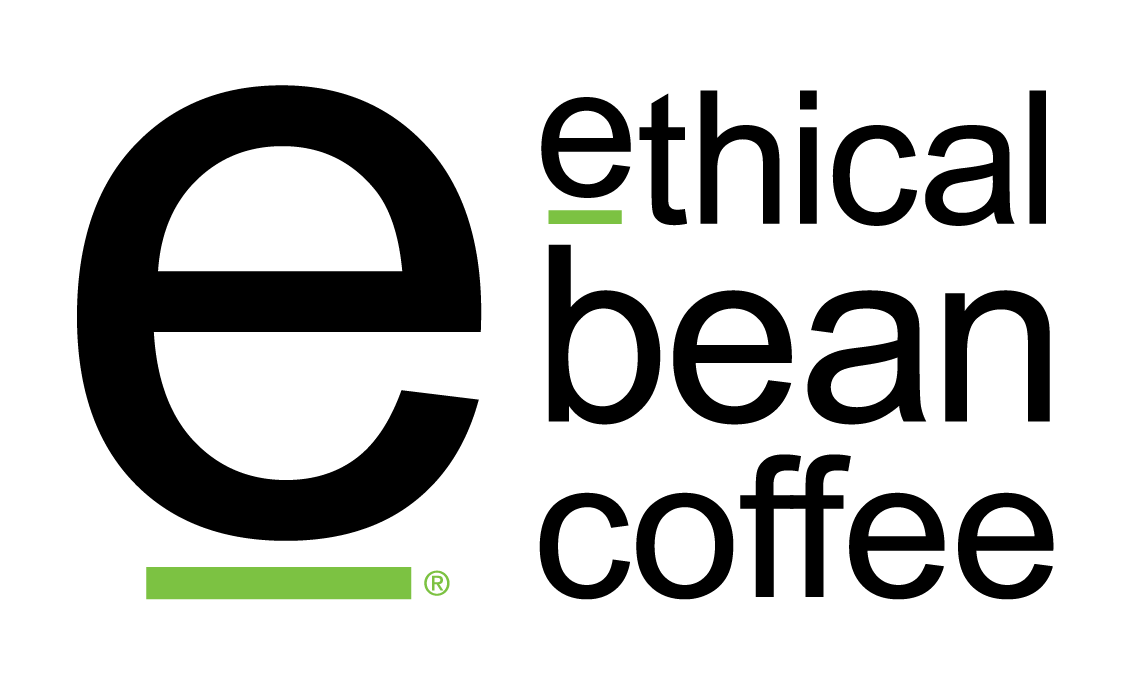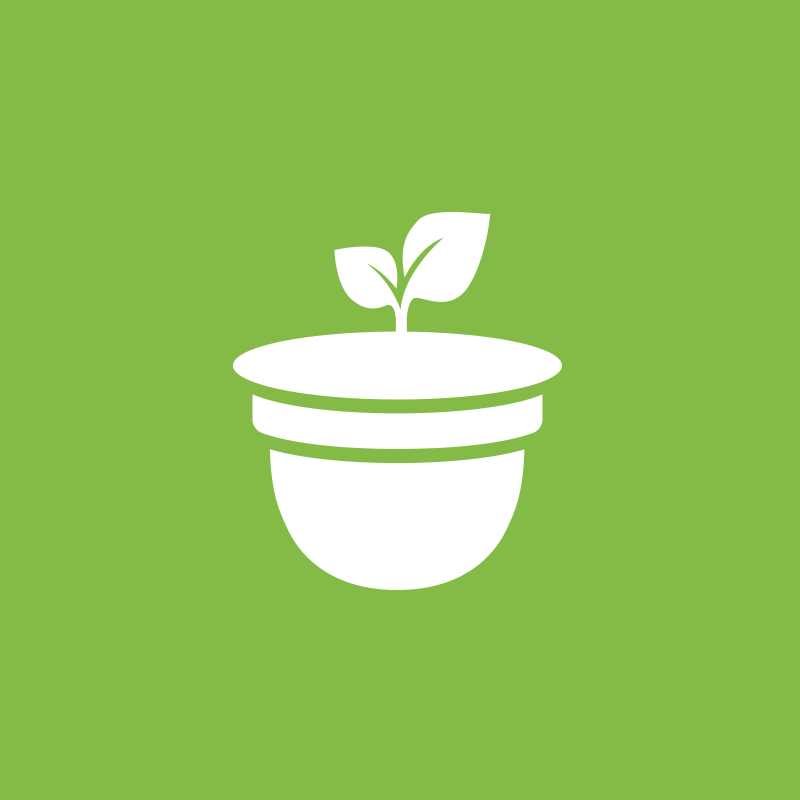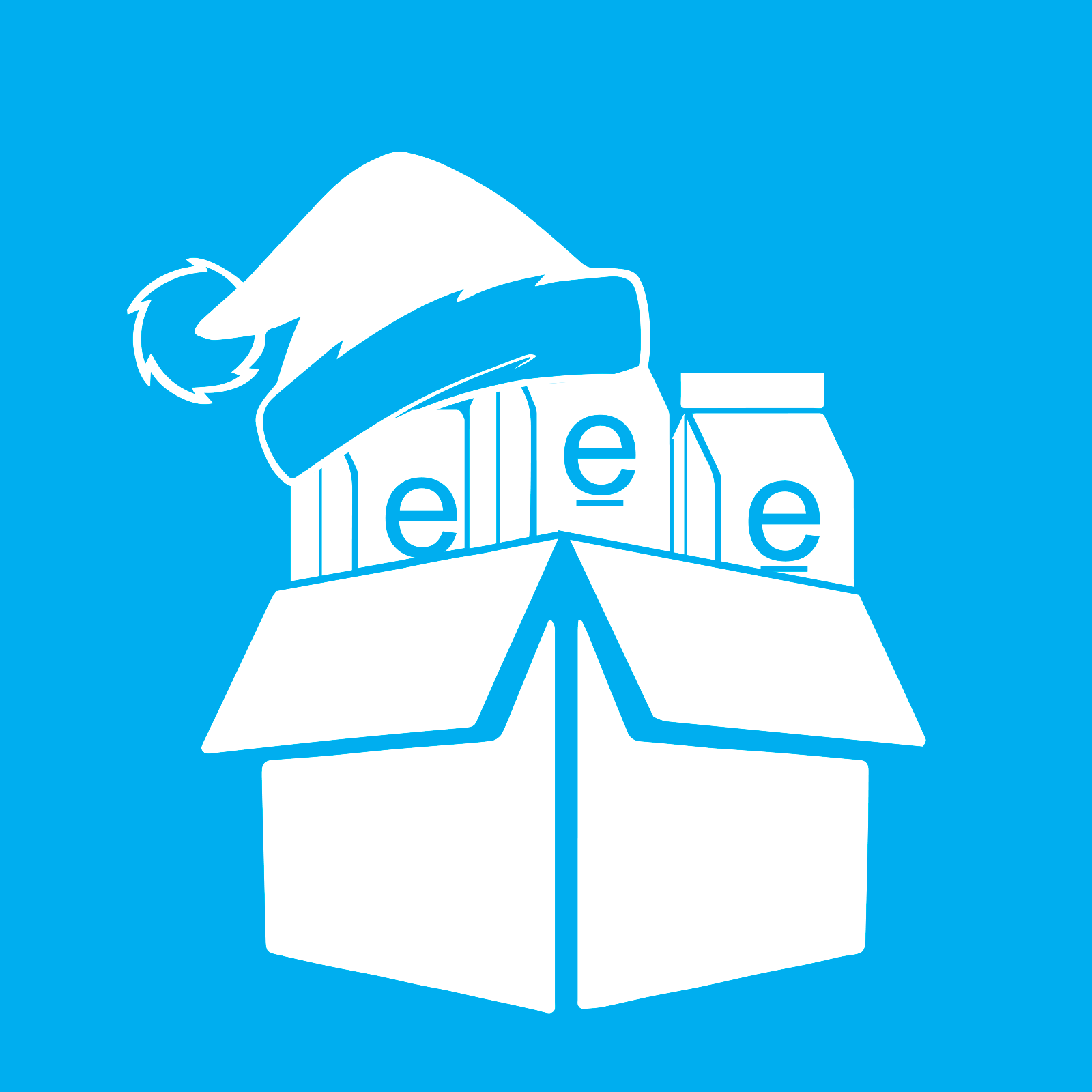When it comes to our coffee, the differences are subtle, with the degree of roast probably being the most defining quality. As a starting point, from light to darkest:
Classic. Medium Roast. Unpretentious, coffee quintessence. Drink it all day, every day, any way you like. A coffee for the people.
Sweet Espresso. Medium Dark Roast. Built from the ground up for espresso, falling all over itself with a caramelized brown sugar echo on your palate.
Lush. Medium Dark Roast. A coffee for all seasons. Most popular for a reason. Fruit, smoke, and earth tones. If you drink coffee, you’ll like this.
Superdark. Dark Roast. The end of the line. Any darker and you’d be drinking a cup of smoke tendrils—but with our signature, smooth, dark roasted profile. Epic.
While we have you, the rest of our collection:
Exotic. Medium Roast. 100% Washed Ethiopian. Lightly floral, fruity aromatics headline this approachable but different cup. A coffee for those that know.
Mellow. Medium Roast. If you want a change from drinking our Classic (as if!) or were looking for something slightly tempered but not too dark. Nutty aroma. Sweet brightness.
Decaf. Medium Dark Roast. Water processed decaf that gives up nothing but the caffeine. Gobs of body, with an intriguing chocolate character.
Bold. Dark Roast. A solid dark roasted coffee with our uniquely clean cup profile.





